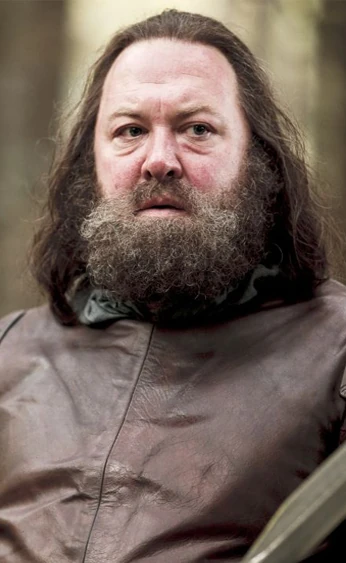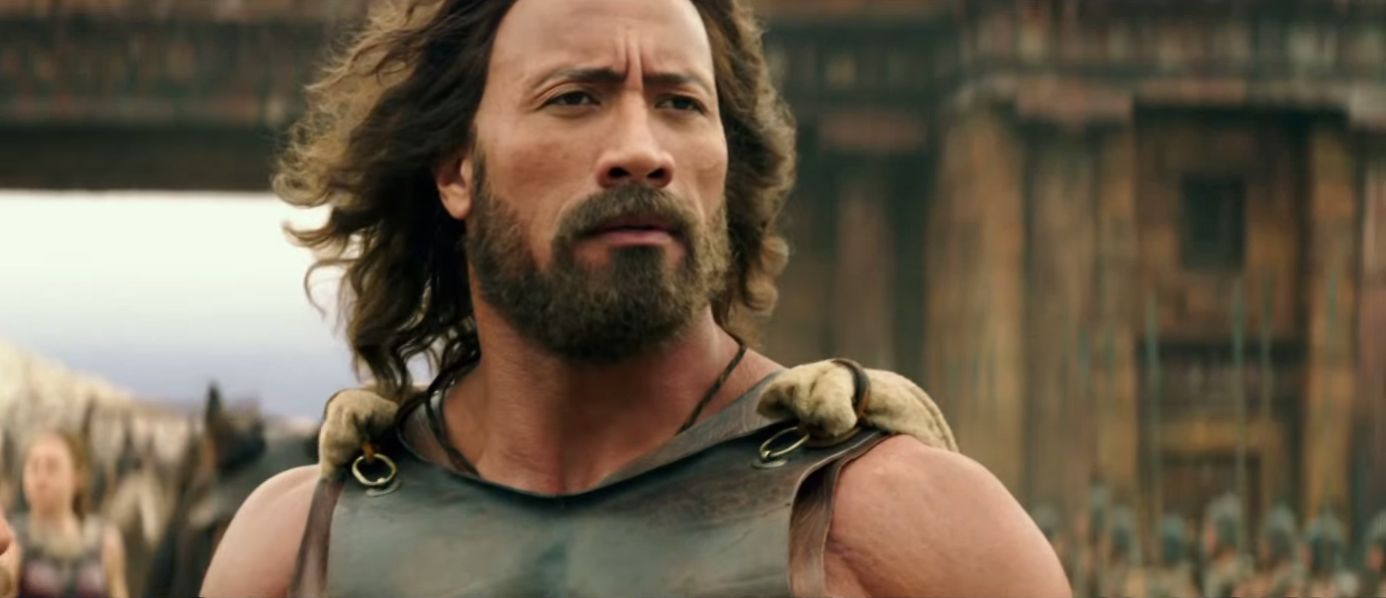What if Alexander the Great had not died a young man, but had lived to secure his Empire and pass it on to his son, Alexander IV?
What will be the closing date? The year Pompey the Great of Rome conquered the last vestige of Alexander's Empire: 63 BCE
The Great Kings of the Hellenistic World
336 - 287: Alexander III the Great (House of Argead) [1]
287 - 254: Alexander IV the Consolidator (House of Argead) [2]

[1] At first only the King of Macedonia, Alexander III rose to become the great king, in fact a god-king, when he conquered the Persian Empire and then went on to conquer Central Asia and northwest India. He returned to Babylon in 323 and almost died from illness before his son, Alexander IV, was born by his new princess wife, Roxana of Bactria. But Alexander survived the illness and then became a robust and hearty man. He added Arabia to his empire and North Africa all the way to Cyrene. Once he had conquered the world, he set his sights on securing his Empire with good governance and raising his son to continue after him. Still robust in his late 60s it was a shock to the world that the God-King died. It was probably from a heart attack. Alexander IV was now 36 when he became the next God-King.
[2] Alexander IV, the Consolidator began his reign putting down rebellions from would be Kings, most notably from Ptolemy the Younger successfully and Bindusara unsuccessfully resulting in the formation of Maurya Empire in India far from the center of his realm. Still, once his thrown was secure he tried to build a reputation as a conquerer by invading Italy.
Here he ran straight into the Roman mandible system which shredded his forces. Despite this, he won battles by his strength of numbers and would have won the war but for the Roman alliance with Carthage, which fearing they were next and for a free hand in Sicily, provided naval support and destroyed the Imperial Navy in a series of engagements, cutting Alexander off from reinforcements and resupply. Blockaded by the Roman Army and the Carthaginian Navy at Naples, Alexander was forced to ransom himself in order to prevent his brother Perseus from seizing the throne back home. After executing his brother, and loosing Egypt to a native revolt (funded with Carthaginian money) he seemed to realize that perhaps he wasn't meant to be conqueror and instead worked very hard at tying what was left of the empire together, a task he was much more successful at. As a result he was able to pass a stable Empire to his ______, _______.
What will be the closing date? The year Pompey the Great of Rome conquered the last vestige of Alexander's Empire: 63 BCE
The Great Kings of the Hellenistic World
336 - 287: Alexander III the Great (House of Argead) [1]
287 - 254: Alexander IV the Consolidator (House of Argead) [2]
[1] At first only the King of Macedonia, Alexander III rose to become the great king, in fact a god-king, when he conquered the Persian Empire and then went on to conquer Central Asia and northwest India. He returned to Babylon in 323 and almost died from illness before his son, Alexander IV, was born by his new princess wife, Roxana of Bactria. But Alexander survived the illness and then became a robust and hearty man. He added Arabia to his empire and North Africa all the way to Cyrene. Once he had conquered the world, he set his sights on securing his Empire with good governance and raising his son to continue after him. Still robust in his late 60s it was a shock to the world that the God-King died. It was probably from a heart attack. Alexander IV was now 36 when he became the next God-King.
[2] Alexander IV, the Consolidator began his reign putting down rebellions from would be Kings, most notably from Ptolemy the Younger successfully and Bindusara unsuccessfully resulting in the formation of Maurya Empire in India far from the center of his realm. Still, once his thrown was secure he tried to build a reputation as a conquerer by invading Italy.
Here he ran straight into the Roman mandible system which shredded his forces. Despite this, he won battles by his strength of numbers and would have won the war but for the Roman alliance with Carthage, which fearing they were next and for a free hand in Sicily, provided naval support and destroyed the Imperial Navy in a series of engagements, cutting Alexander off from reinforcements and resupply. Blockaded by the Roman Army and the Carthaginian Navy at Naples, Alexander was forced to ransom himself in order to prevent his brother Perseus from seizing the throne back home. After executing his brother, and loosing Egypt to a native revolt (funded with Carthaginian money) he seemed to realize that perhaps he wasn't meant to be conqueror and instead worked very hard at tying what was left of the empire together, a task he was much more successful at. As a result he was able to pass a stable Empire to his ______, _______.




